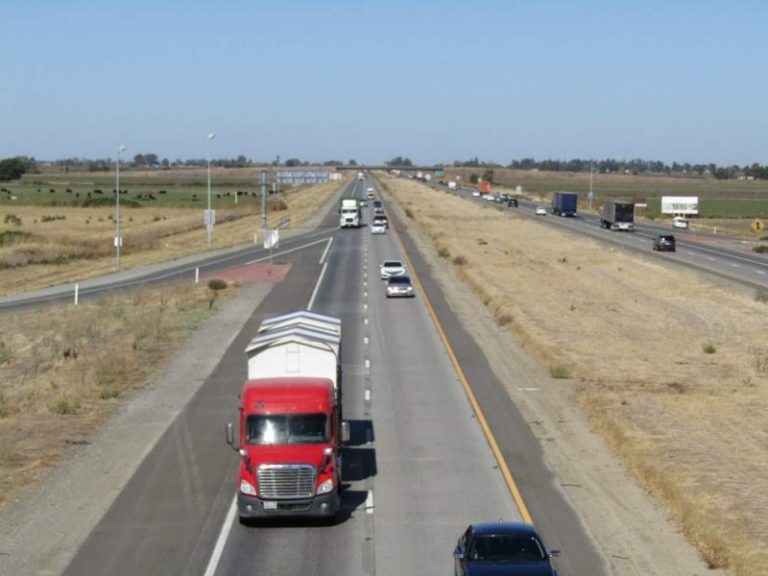What Not to Say After an Auto Accident
From the moment you get into an accident until when you finalize your settlement, everything you say can and likely will be used against you. Insurance adjusters will use everything available to them in order to deny or minimize your claim, including your own words; as such, it’s vital to know what to avoid saying after a collision and never provide a formal statement to an adjuster when possible.
“I’m Sorry”
Very few things compromise your settlement faster than an admission of fault. You, of course, should admit blatantly admitting fault, but also be aware that even simple apologies can be interpreted as admissions of partial fault; from an adjuster’s perspective, you wouldn’t apologize if you truly had no hand in causing the accident. Admitting fault in such a way might not completely bar you from compensation, but it can be enough to reduce how much you receive under Arizona’s comparative fault system.
Not saying sorry can feel dishonest or downright shameful at times, especially if you feel that you are indeed to blame for the accident—however, avoiding apologies is ultimately the most honest thing to do. You might have a false feeling of guilt from imperfect recollections or simply not having the full story; the investigation might reveal that you aren’t as blameworthy as you might think. Once the claims process is over, you can then freely apologize as you feel necessary, empowered by a complete knowledge of how the accident occurred.
“I’m Fine”
Don’t comment on the extent of your injuries, pain, or suffering, even amongst friends. Simple comments about your quality of life and well-being can be used to call the severity of your injuries into question. This is especially true in the event of delayed-onset injuries; if you say that you’re relatively unharmed, only for severe pain and internal bleeding to set in a day later, adjusters will use that discrepancy to attempt to undermine any suffering you claim to experience, or even to claim that your delayed-onset injury is actually from an unrelated source.
Additionally, social media case precedent has consistently demonstrated that even simple, private posts to social media can be discovered and used against you; whether in text, video, or image format, try to avoid making public posts that discuss your symptoms and injuries. Generating time-stamped records (such as journaling your pain or frustrations) and making sure to seek proper treatment after an accident can help to counteract any arguments adjusters make based on these sorts of comments.
“I Think This Happened”
Avoid guesswork while talking about and responding to an accident. Studies on human memory have consistently shown that eyewitnesses testimonies can fill with inconsistencies, exaggerations, and outright fabrications mere minutes after an accident, which is only compounded upon as they speak to other people and time passes. Even people who feel confident in their retelling of a story or certain details can be just as susceptible to these inaccuracies, so it’s essential that you never assume you know the full picture. When you provide testimonies and statements, do so cautiously; if you only “think” that a certain detail exists, it’s likely better to omit it entirely and say you don’t know.
Consult an Arizona Auto Accident Attorney

Even while exercising general best practices, adjusters have the upper hand by experience alone. ELG’s auto accident lawyers in Arizona can level the playing field, so give us a call at (623) 321-0566 to schedule a free consultation with someone who can guide you through the claims process, helping you avoid pitfalls along the way.
Law News Feed
All NewsWho Is Liable for Damages After a Truck Accident?
According to information from the National Highway Traffic Safety Association, more than 2,500 truck accidents occur each year in Arizona. It goes without sayin…
Common Injuries After a Motorcycle Accident
Motorcycle accidents kill or severely injure individuals more frequently than any other type of crash, resulting in immense amounts of suffering and financial d…

